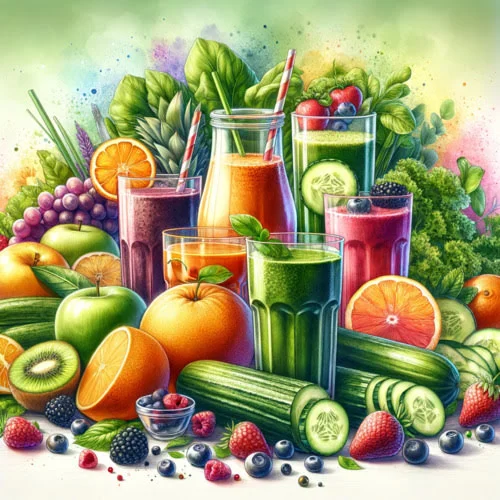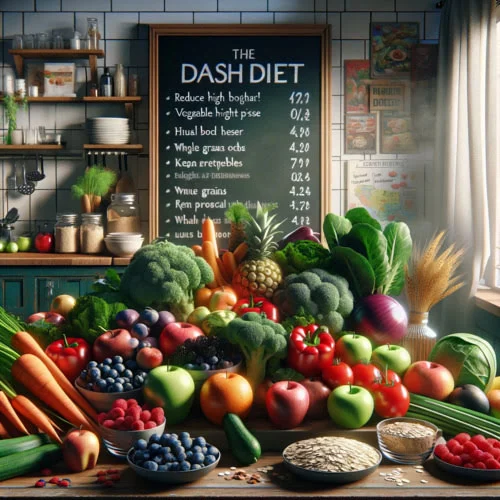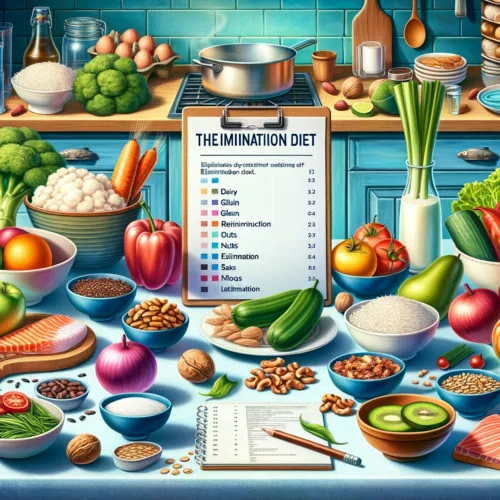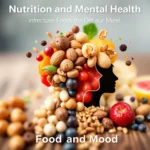In our rapidly changing world, where health and the environment are becoming increasingly prioritized, plant-based products hold a special place. In my opinion, choosing vegetarianism or veganism is not just a fashionable trend but a conscious step towards improving personal well-being and the health of the planet.
Transitioning to a plant-based diet is not only about giving up meat and animal products but also immersing oneself in a world of diverse flavors and beneficial elements. The difference between vegetarianism and veganism lies in the degree of restriction: vegetarians exclude meat but may consume dairy products and eggs, while vegans completely abstain from all animal products. Both approaches have their advantages and specific features that are important to consider when creating a balanced diet.
Key Components of a Plant-Based Diet
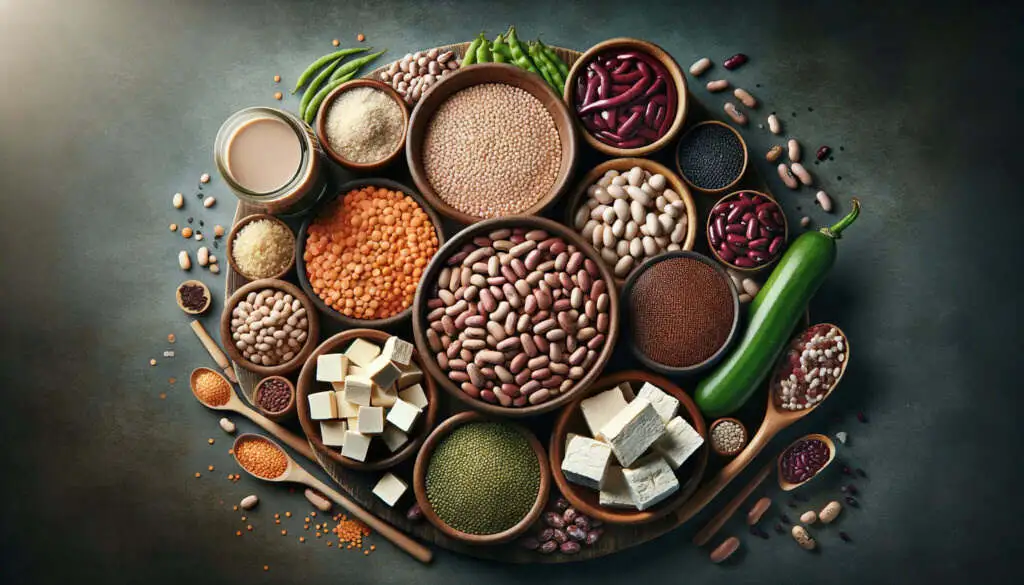
When I transitioned to a plant-based diet, one of my main priorities was to ensure that I was getting all the necessary nutrients. The first thing I noticed was the abundance of plant-based proteins in foods such as lentils, beans, tofu, and quinoa. Proteins are essential for maintaining muscle mass and overall health.
Vitamins and minerals also play a crucial role. I started consuming more vegetables, fruits, nuts, and seeds to provide my body with everything it needed. I paid special attention to Omega-3 fatty acids, which are vital for brain and heart health. Good plant-based sources of Omega-3 include flaxseed oil, walnuts, and chia seeds.
However, one of the challenges I encountered was ensuring an adequate intake of vitamin B12, which is primarily found in animal products. I addressed this issue by incorporating vitamin B12-fortified foods and supplements into my diet.
Equally important was ensuring sufficient iron intake, which is a common concern for vegetarians and vegans. Iron in plant-based foods (such as leafy greens, legumes, and whole grains) is well absorbed, especially when consumed in combination with foods rich in vitamin C.
Understanding these aspects helped me develop not only a balanced but also a nutritious plant-based diet.
Advantages of a Plant-Based Diet for Health
The transition to a plant-based diet has had a significant impact on me, especially in terms of my overall health. One of the most noticeable benefits is the improvement in heart health. Reducing the consumption of saturated fats and cholesterol from animal products, as well as increasing the intake of fruits, vegetables, and whole grains, has positively affected my blood pressure and cholesterol levels.
Furthermore, I found that a plant-based diet helps me better cope with stress. Fruits and vegetables rich in antioxidants, along with complex carbohydrates that release energy slowly, help maintain stable blood sugar levels and improve mood.
No less important is the role of a plant-based diet in digestive and gut health. The high fiber content in plant-based foods promotes regular digestion and supports a healthy gut microbiome. Since I started following a plant-based diet, I have noticed significant improvements in my digestive system’s functioning.
All these factors have played a crucial role in my pursuit of a healthier and more balanced lifestyle, highlighting the numerous advantages of a plant-based diet for my health.
Plant-Based Diet in Sports
When I switched to a plant-based diet, one of my concerns was how it would affect my athletic performance. Surprisingly, after a period of adaptation, I noticed an improvement in my endurance and post-workout recovery. This, as I discovered, is related to the high antioxidant content and low levels of saturated fats in plant-based foods, which contribute to more efficient muscle recovery.
Moreover, many successful athletes also adhere to a plant-based diet. For example, Venus Williams, a renowned tennis player, transitioned to a vegan diet after being diagnosed with an autoimmune disease and noticed significant improvements in her health and performance. Lewis Hamilton, a five-time Formula 1 world champion, is also a supporter of veganism, emphasizing its positive impact on both his physical condition and the environment.
These examples demonstrate that a plant-based diet is not only suitable for achieving high athletic performance but can even exceed expectations in terms of improving overall health and performance. This discovery has motivated me to continue my journey in vegetarianism, experiencing more and more positive changes in both my physical and psychological well-being.
Plant-Based Diet and Economics
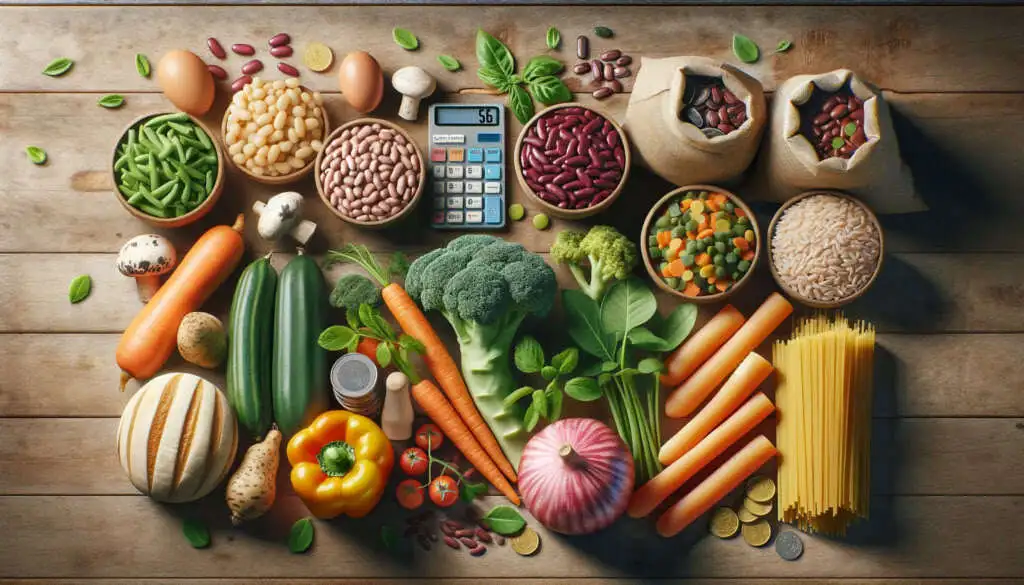
Transitioning to a plant-based diet has raised questions for me regarding the economic aspect of such a choice. When comparing the cost of plant-based products to a traditional diet that includes meat and dairy, I have found that plant-based eating can not only be healthier but also more budget-friendly. Key staples such as beans, lentils, rice, pasta, and seasonal vegetables often come at a lower cost than meat products and dairy items.
To organize a budget-friendly plant-based diet, I have adopted several simple strategies. Firstly, opting for dried beans and lentils instead of canned varieties significantly reduces expenses. Additionally, I have started purchasing vegetables and fruits that are in season, which lowers their cost and ensures better quality.
Furthermore, I have discovered that cooking homemade meals from whole ingredients is not only more economical but also allows for ingredient control, making the diet healthier. Planning menus for the week ahead and preparing large batches of dishes for freezing have also helped me save time and money.
Thus, the plant-based diet has not only benefited my health but also turned out to be a more budget-friendly option, which was a pleasant surprise on my journey towards a healthier lifestyle.
Conclusion
Summing up my transition to a plant-based diet, I can confidently say that it has been one of the best decisions for my health, well-being, and even my wallet. Switching to a plant-based diet has not only improved my heart health and contributed to a more stable emotional state but has also had a positive impact on my athletic performance. Moreover, I have noticed significant improvements in digestion and gut health, which are critical aspects of overall well-being.
Looking into the future, plant-based eating continues to gain popularity, considering its benefits for health and the environment. It also becomes increasingly accessible and diverse, making the transition to this lifestyle easier and more enjoyable. I am convinced that a plant-based diet is not just a passing trend but a sustainable choice for those who strive for a healthy lifestyle and want to have a positive impact on the planet.
So, whether you are seeking ways to improve your health, care about the environment, or simply want to try something new, a plant-based diet can be an excellent choice.


